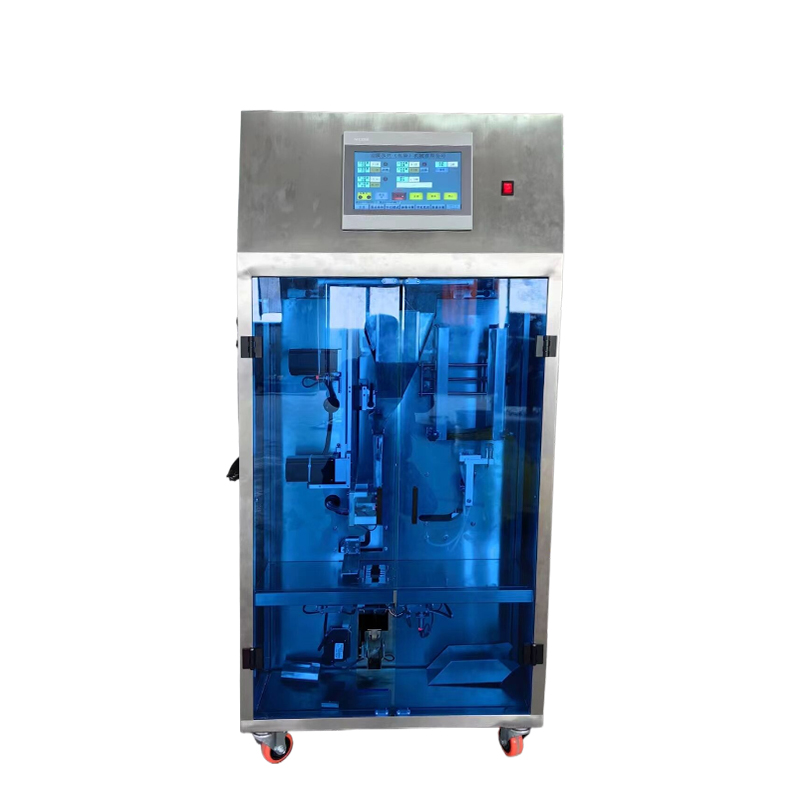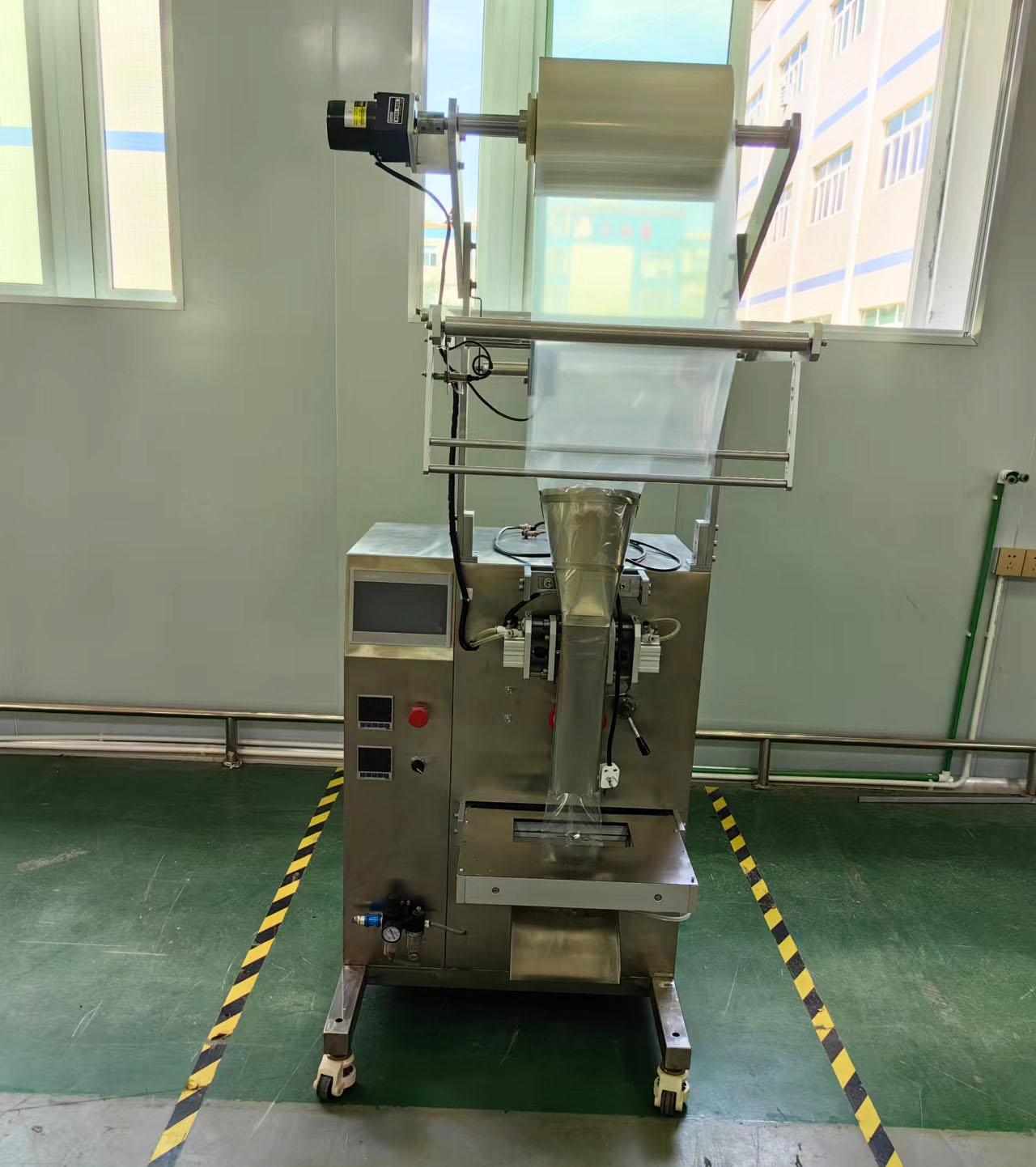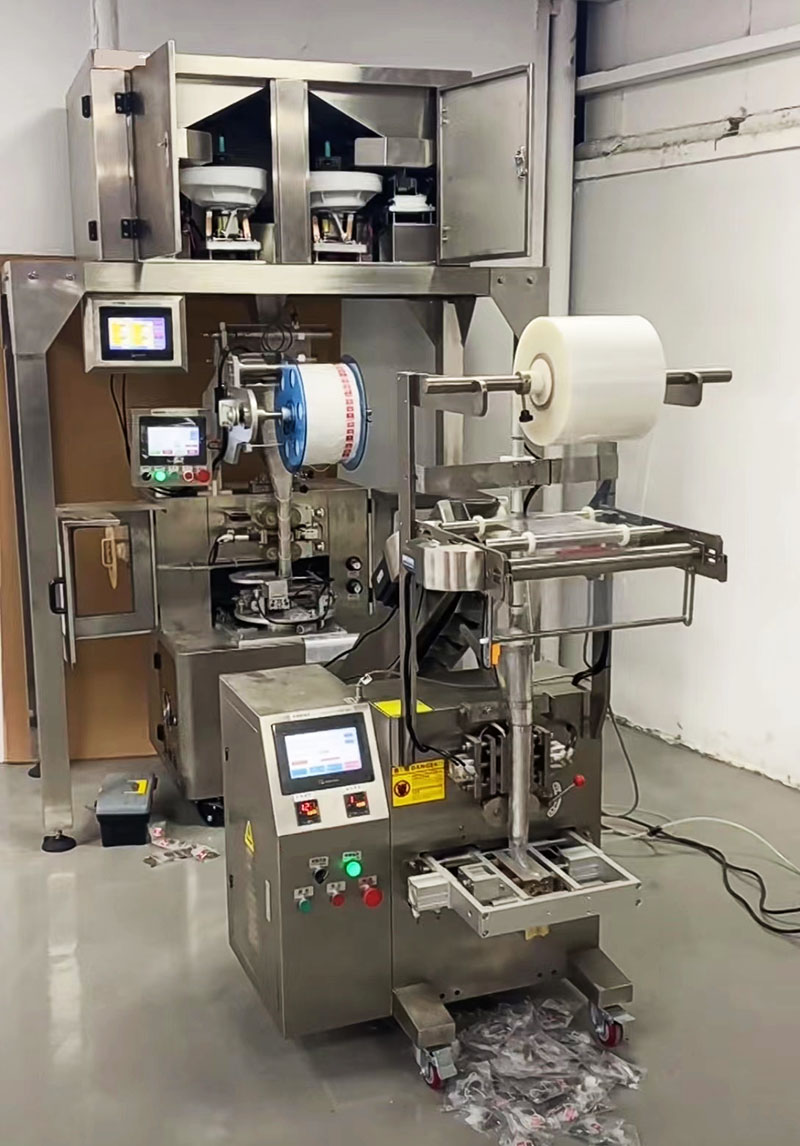Organic tea processing technology
Organic tea processing technology
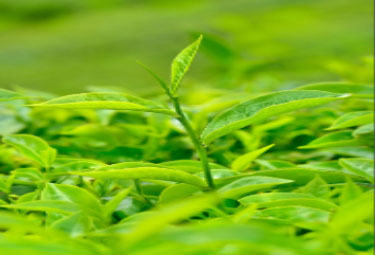
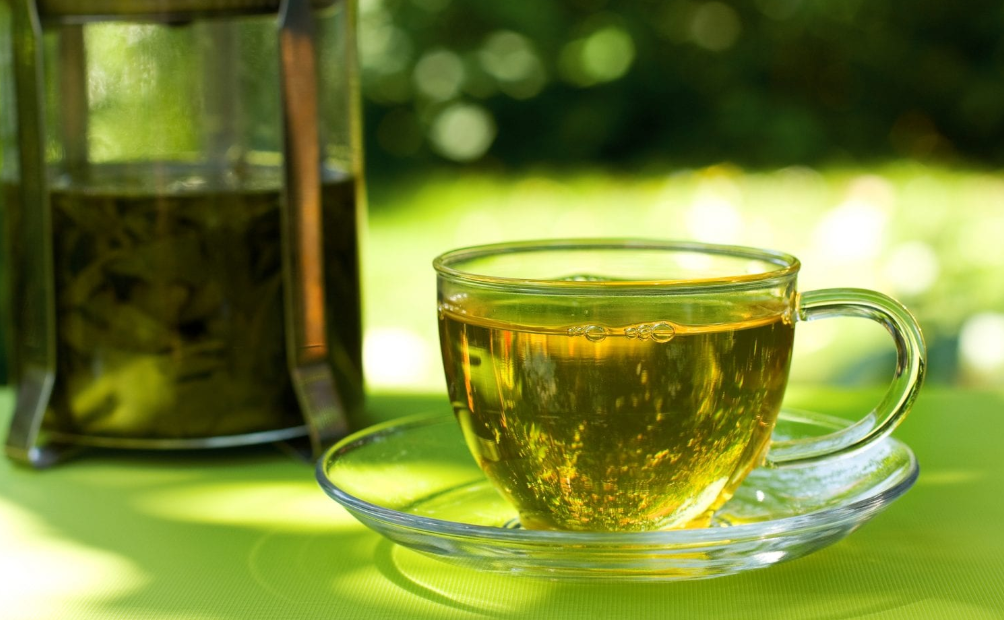
Organic tea is a non-polluting, pollution-free, high-grade, high-quality healthy drink. Therefore, all stages of organic tea production must be strictly operated according to technical specifications. Now the organic tea processing technology is as follows.
1. Fresh Leaf Picking and Consolidation
1.1. Fresh leaf picking: According to the production characteristics of tea trees and the requirements for processing raw materials of various types of tea, fresh leaf picking should follow the picking principles of combining harvesting and retention, combining quality and quality, and adapting to the garden, etc. Reasonable picking techniques such as timely picking; manual tea picking requires picking by hand to keep the buds and leaves intact, fresh, even, without carrying pedicles, tea fruits and old branches and leaves, and it is strictly forbidden to pick and grab picks; machine picking must use unleaded gasoline And motor oil to prevent gasoline and motor oil from contaminating soil and tea trees.
1.2. Fresh leaf collection: fresh leaves must be inspected and accepted according to quality standards, and fresh leaves from non-organic tea gardens must be strictly prevented. Fresh leaves must be collected, transported, and spread out according to quality and grade; utensils for fresh leaves should be clean and well ventilated The amount of bamboo weave, mesh tea basket or luo basket, which does not affect the quality of fresh leaves, is strictly prohibited. The use of cloth bags and plastic bags is strictly prohibited; during the collection and transportation of fresh leaves, attention should be paid to light handling, light pressing, thin spreading, and diligent turning. Reduce mechanical damage. Avoid heavy pressure, sun, rain, and prevent fresh leaves from heating and deterioration.
2. Factory environment and equipment
2.1. Factory environment: The factory area and surrounding environment require frequent removal of various real and potential sources of pollution, as far as possible to maintain and achieve convenient transportation, clean water, green trees and beautiful environment. The walls and floor of the workshop are clean and smooth, and strictly prevent harmful animals, insects and debris from contaminating tea. Strengthen sanitation management and formulate environmental sanitation management plans and systems in the production process.
2.2. Equipment hygiene: The equipment used in processing, such as machinery and utensils, must not contaminate tea. All equipment should be kept clean and tidy, and should be cleaned or disinfected frequently. The disinfectant used must be a non-polluting natural article.
3. Processing technology and management
3.1. Processing technology: Organic tea processing products include green tea, black tea and other tea products and refined products. According to the enterprise standards of each tea product, according to the grade and batch of raw materials, the corresponding processing process and processing technology are adopted.
3.2. Processing management: All kinds of tea must implement the national food hygiene and food industry processing standards during the production process; only organic, mechanical and natural fermentation methods are allowed in the processing of organic tea, and the use and addition of any chemically synthesized food additives, Pigments, vitamins and other chemical substances; utensils and mechanical equipment in the processing of organic tea must prevent and control the pollution of harmful substances. Organic tea producers and management personnel must pass the medical examination and hold a health certificate. In addition, smoking and smoking are not allowed in the workshop and warehouse. No spitting is allowed, and persons with infectious diseases are not allowed to participate in the production and management of organic tea.



